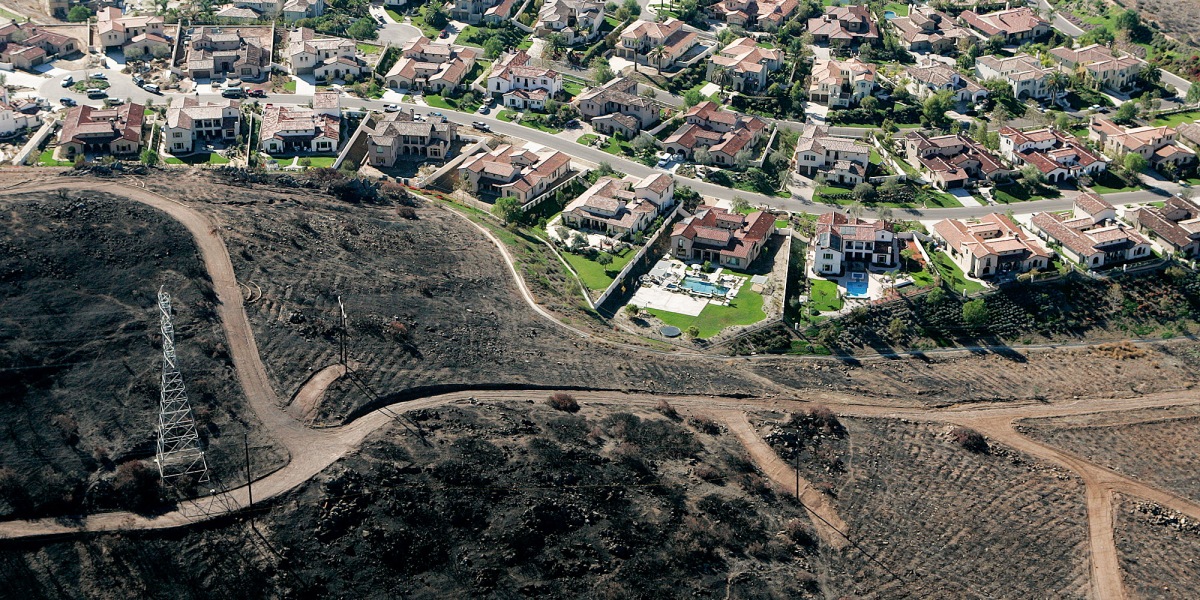
With each devastating wildfire in the US West, officials consider new methods or regulations that might save homes or lives the next time.
In the parts of California where the hillsides meet human development, and where the state has suffered recurring seasonal fire tragedies, that search for new means of survival has especially high stakes.
Many of these methods are low cost and low tech, but no less truly innovative. In fact, the hardest part to tackle may not be materials engineering, but social change. Read the full story.
—Susie Cagle
Susie’s story is from our forthcoming Education print issue. If you’re not already a subscriber, you can sign up from just $69 a year—a special low price to mark Earth Week.
Generative AI risks concentrating Big Tech’s power. Here’s how to stop it
If regulators don’t act now, generative AI will concentrate Big Tech’s power even further. That’s the central argument of a new report from research institute AI Now. To understand why, consider that the current AI boom depends on two things: large amounts of data, and enough computing power to process it.
Right now, Big Tech has a chokehold on AI, and business is booming. But what separates this tech boom from previous ones is that we have a better understanding of all the catastrophic ways AI can go awry. And regulators everywhere are paying close attention. Read the full story.
